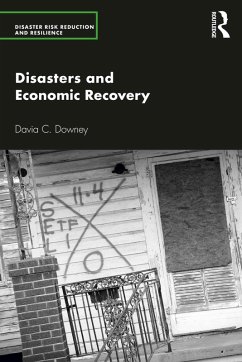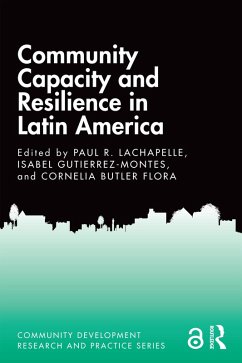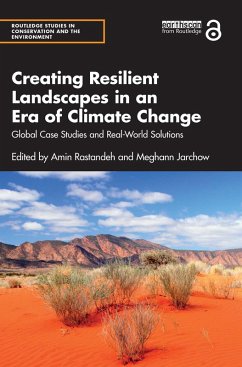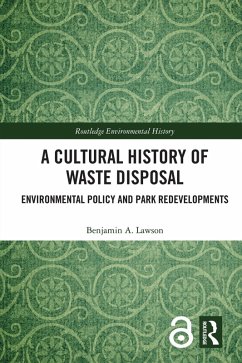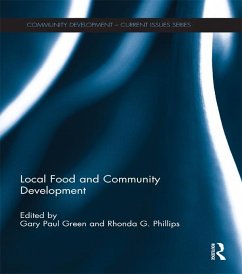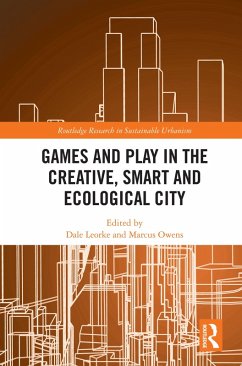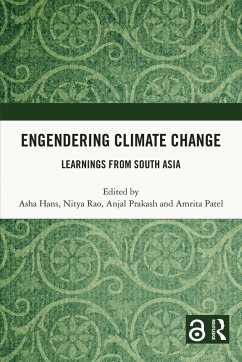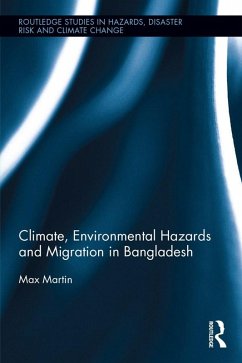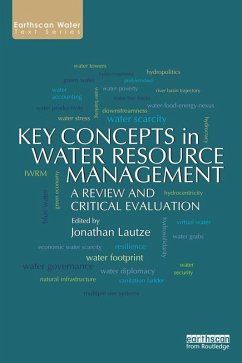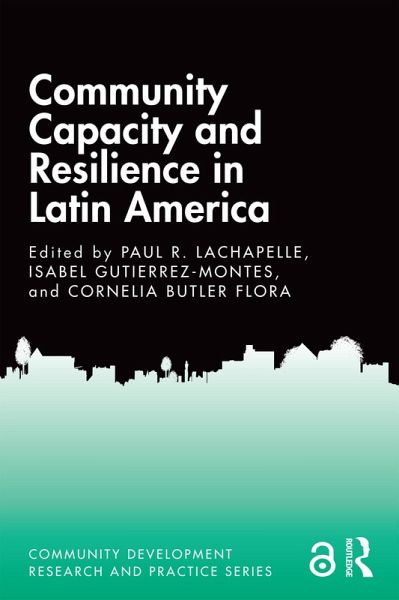
Community Capacity and Resilience in Latin America (eBook, ePUB)
Versandkostenfrei!
Sofort per Download lieferbar
36,95 €
inkl. MwSt.
Weitere Ausgaben:

PAYBACK Punkte
18 °P sammeln!
Community Capacity and Resilience in Latin America addresses the role of communities in building their capacity to increase resiliency and carry out rural development strategies in Latin America. Resiliency in a community sense is associated with an ability to address stress and respond to shock while obtaining participatory engagement in community assessment, planning and outcome. Although the political contexts for community development have changed dramatically in a number of Latin American countries in recent years, there are growing opportunities and examples of communities working togeth...
Community Capacity and Resilience in Latin America addresses the role of communities in building their capacity to increase resiliency and carry out rural development strategies in Latin America. Resiliency in a community sense is associated with an ability to address stress and respond to shock while obtaining participatory engagement in community assessment, planning and outcome. Although the political contexts for community development have changed dramatically in a number of Latin American countries in recent years, there are growing opportunities and examples of communities working together to address common problems and improve collective quality of life.
This book links scholarship that highlights community development praxis using new frameworks to understand the potential for community capacity and resiliency. By rejecting old linear models of development, based on technology transfer and diffusion of technology, many communities in Latin America have built capacity of their capital assets to become more resilient and adapt positively to change. This book is an essential resource for academics and practitioners of rural development, demonstrating that there is much we can learn from the skills of self-diagnosis and building on existing assets to enhance community capitals.
Chapter 3 of this book is freely available as a downloadable Open Access PDF at http://www.taylorfrancis.com under a Creative Commons Attribution (CC-BY) 4.0 license.
This book links scholarship that highlights community development praxis using new frameworks to understand the potential for community capacity and resiliency. By rejecting old linear models of development, based on technology transfer and diffusion of technology, many communities in Latin America have built capacity of their capital assets to become more resilient and adapt positively to change. This book is an essential resource for academics and practitioners of rural development, demonstrating that there is much we can learn from the skills of self-diagnosis and building on existing assets to enhance community capitals.
Chapter 3 of this book is freely available as a downloadable Open Access PDF at http://www.taylorfrancis.com under a Creative Commons Attribution (CC-BY) 4.0 license.
Dieser Download kann aus rechtlichen Gründen nur mit Rechnungsadresse in A, B, BG, CY, CZ, D, DK, EW, E, FIN, F, GR, HR, H, IRL, I, LT, L, LR, M, NL, PL, P, R, S, SLO, SK ausgeliefert werden.




